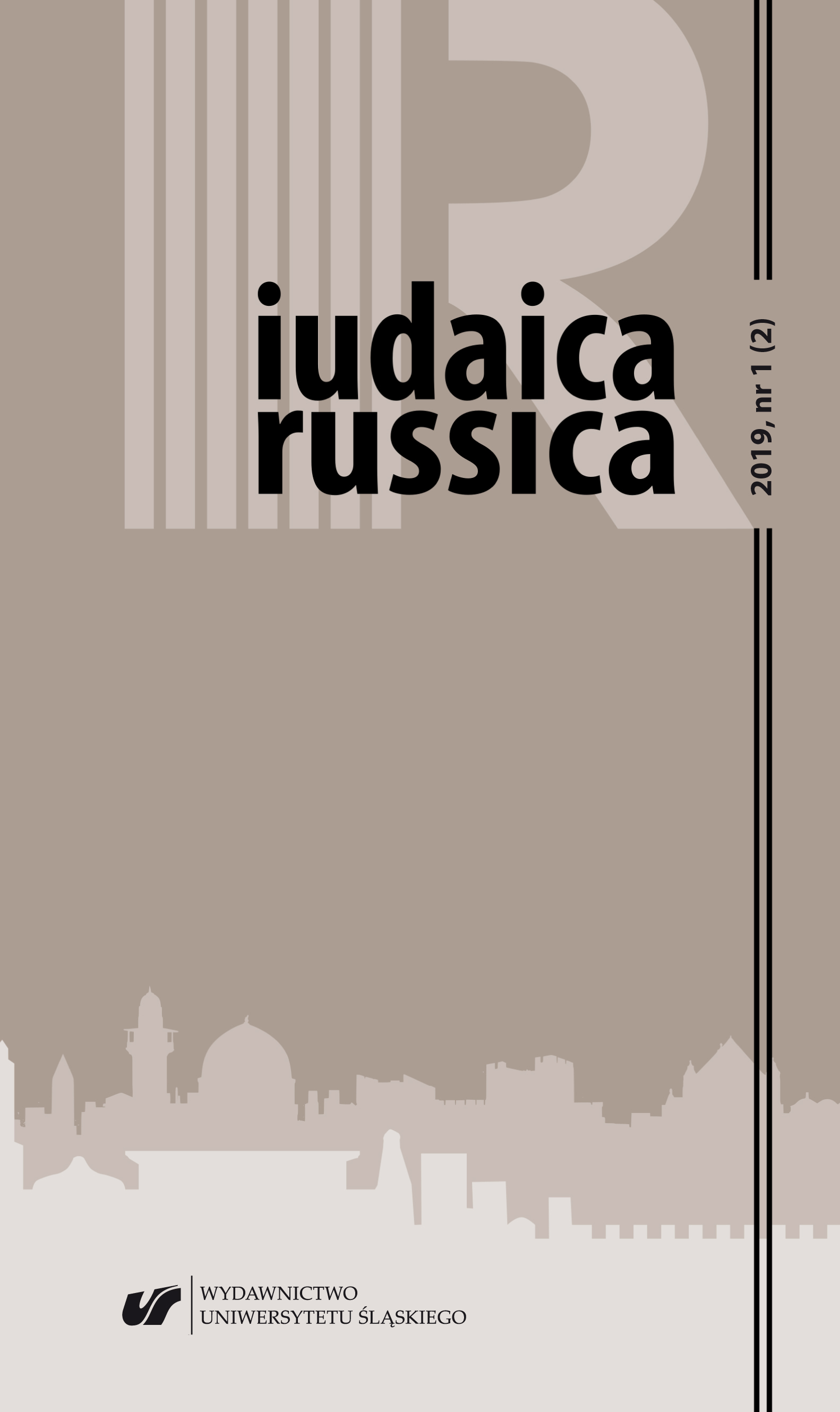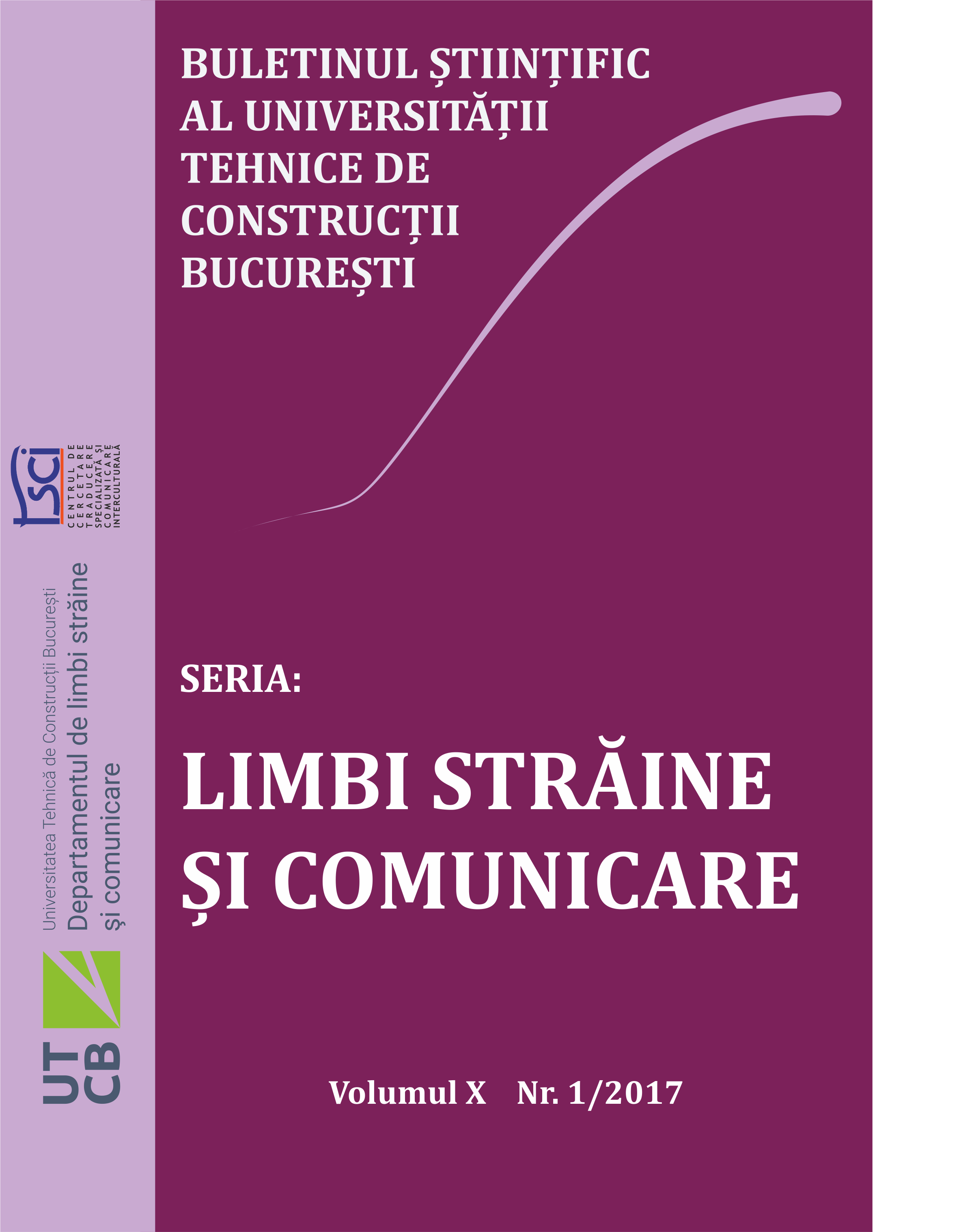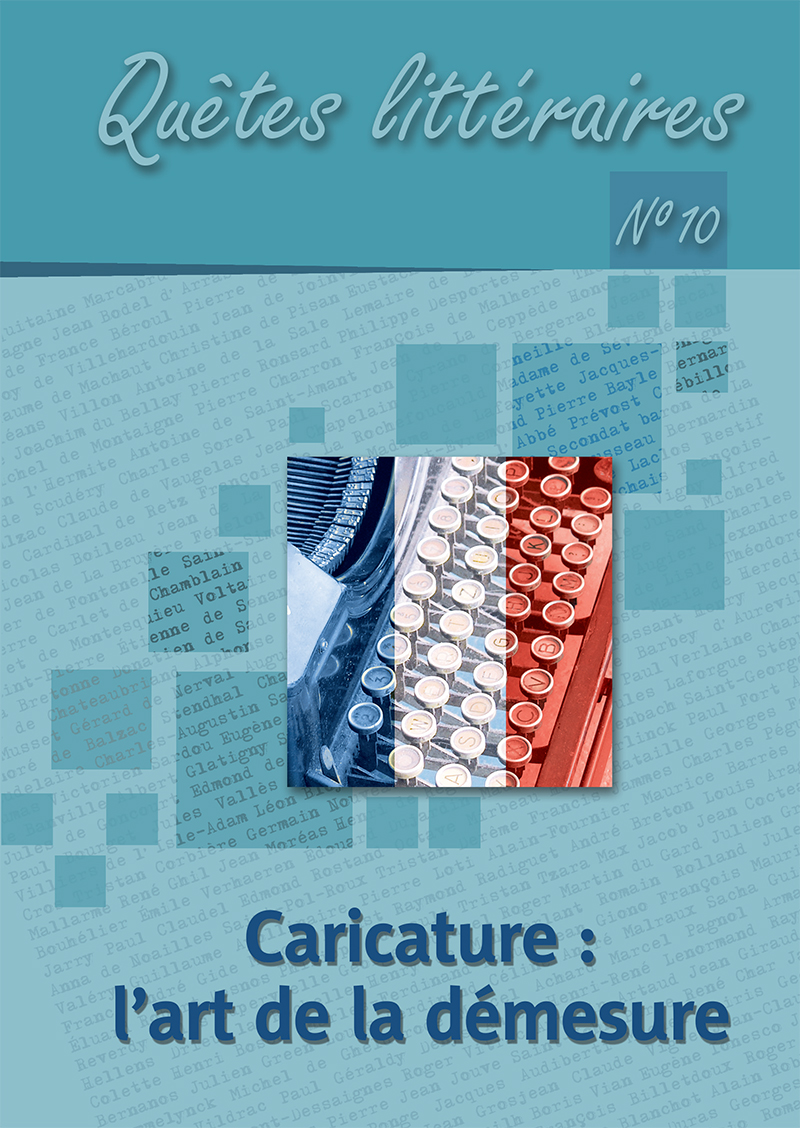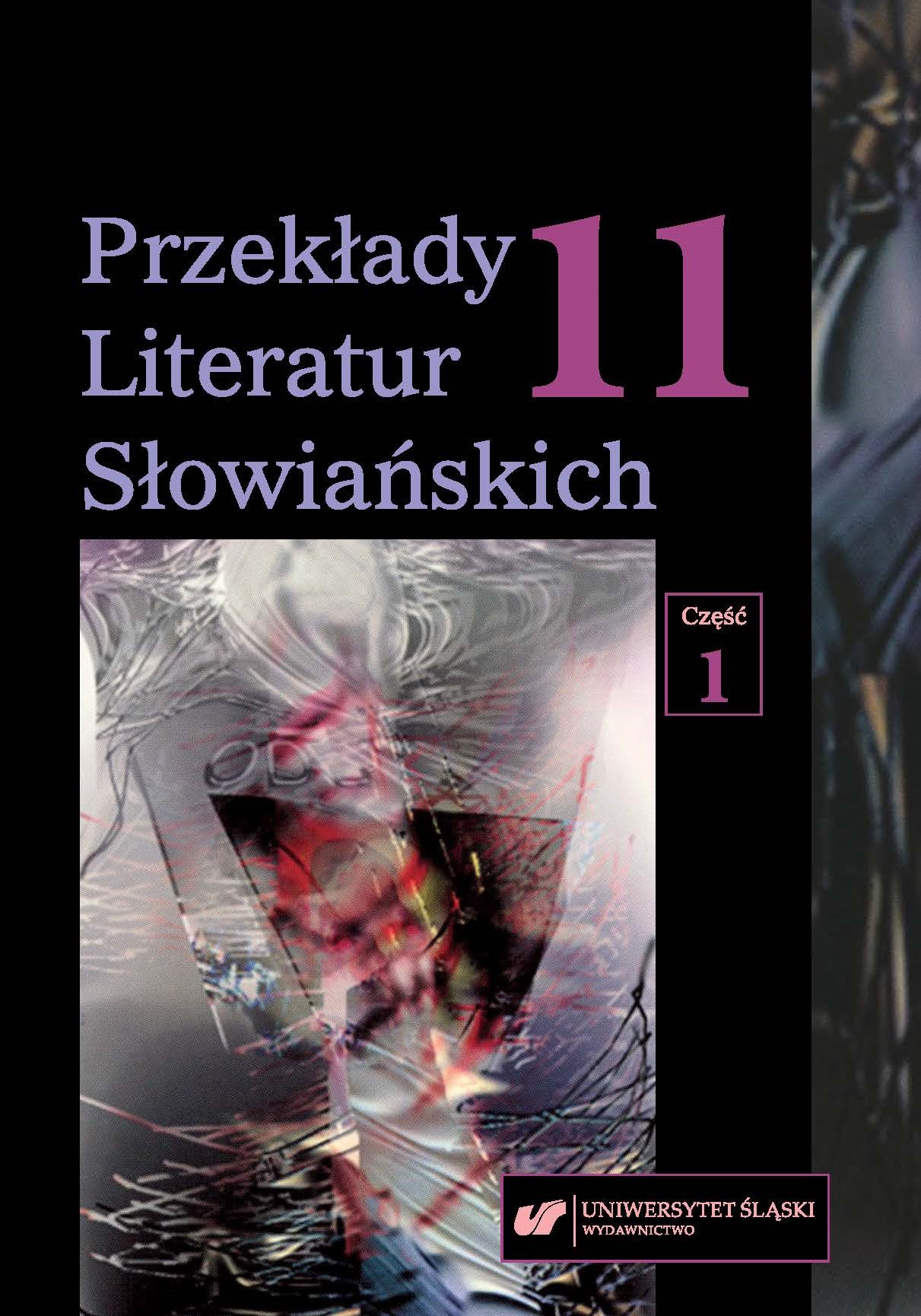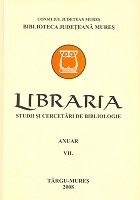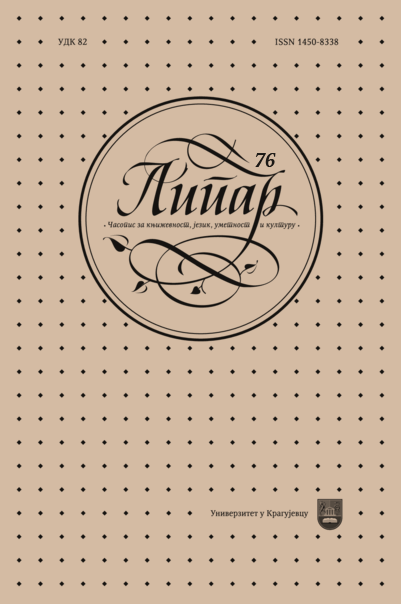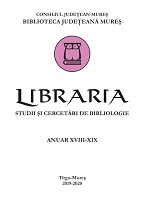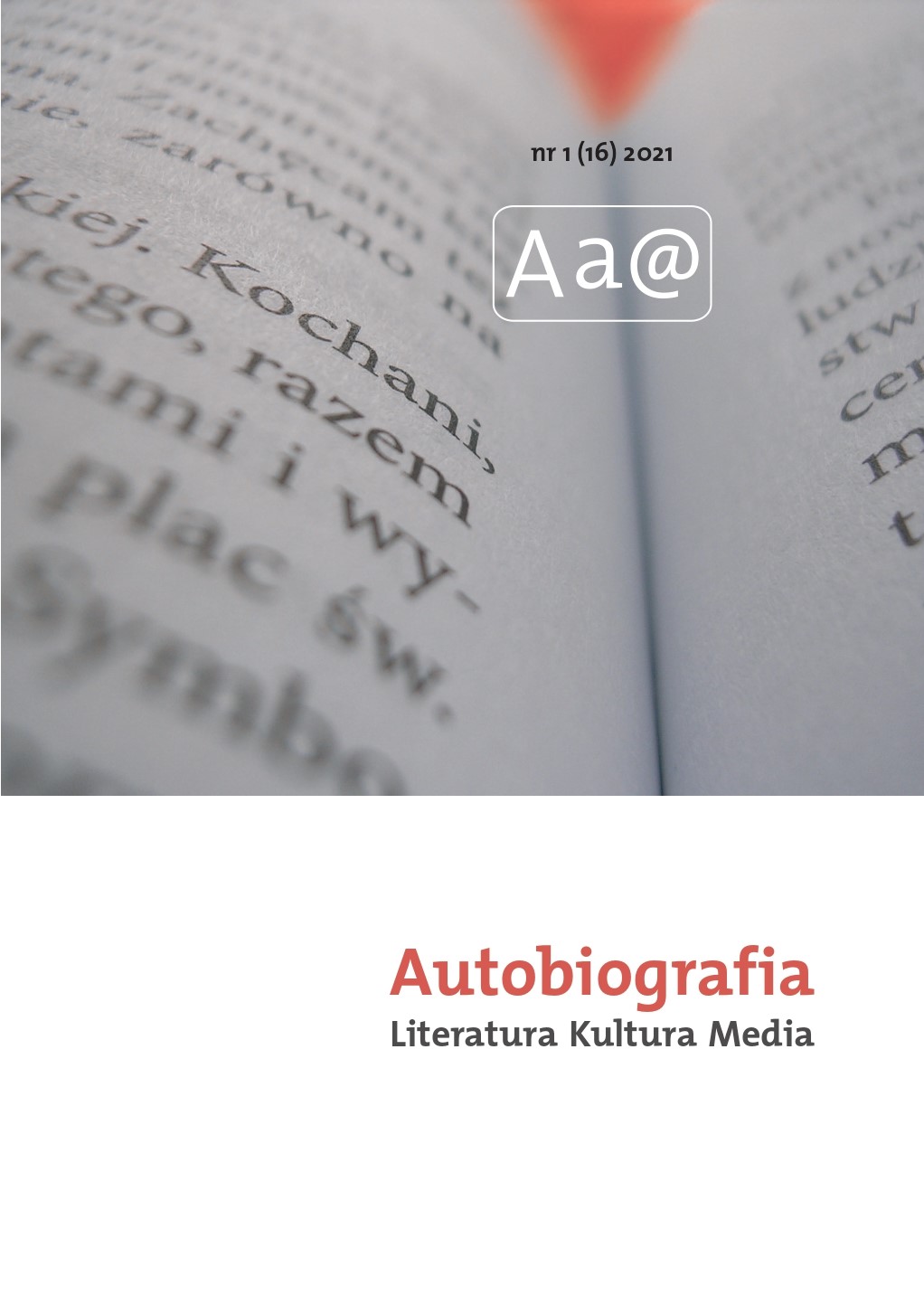УСАДЕБНЫЙ ТЕКСТ Г.Р. ДЕРЖАВИНА И ПОЭТОВ ЕГО КРУГА
This paper considers G.R. Derzhavin’s country estate text, which is accomplished and contains topoi and loci typical for the subsequent texts of this type. The country estate idyllic chronotope was developed by G.R. Derzhavin, first and foremost in his poem “To Eugene. Life at Zvanka”, as well as by N.A. Lvov and G.R. Derzhavin’s literary circle. It is stated that this chronotope should have determined the pre-romantic and, partially, romantic country estate texts of the 19th century.
More...
